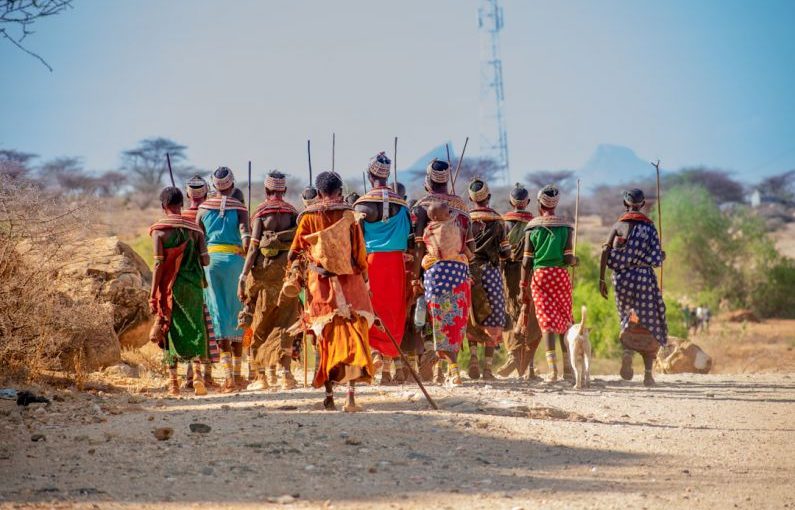Africa is a continent rich in culture and diversity, with a myriad of tribes each holding unique traditions and practices that have been passed down through generations. These tribal traditions are deeply rooted in the history and beliefs of the people, shaping their identities and fostering a sense of community and belonging. In this article, we delve into some fascinating African tribal traditions and explore the meanings behind them.
The Importance of Ancestral Worship
Ancestral worship is a common tradition among many African tribes, where the ancestors are revered and honored through rituals and ceremonies. The belief is that the spirits of the ancestors continue to watch over and protect their descendants, guiding them through life’s challenges. Ancestral worship serves as a way to connect with the past and seek the wisdom and blessings of those who came before. It strengthens the bond between the living and the dead, ensuring that the legacy of the ancestors lives on in the hearts and minds of the tribe.
Rites of Passage and Coming of Age Ceremonies
Coming of age ceremonies are significant events in many African tribes, marking the transition from childhood to adulthood. These ceremonies often involve elaborate rituals and tests that symbolize the challenges and responsibilities of adulthood. Young people are taught the values and traditions of their tribe, preparing them for their roles within the community. These rites of passage are a rite of passage is a crucial part of cultural preservation and identity, ensuring that the traditions and customs of the tribe are passed on to the next generation.
Dance and Music as a Form of Expression
Dance and music play a vital role in African tribal traditions, serving as a form of expression and communication. Each tribe has its unique styles of dance and music, with rhythms and movements that reflect their cultural heritage. Dance and music are used in various rituals and ceremonies, from celebrations to mourning, creating a sense of unity and solidarity among the tribe members. Through dance and music, the stories and history of the tribe are passed down, preserving their traditions for future generations.
Symbolism in Tribal Art and Crafts
Tribal art and crafts are not just decorative pieces but hold deeper meanings and symbolisms that reflect the beliefs and values of the tribe. From intricate beadwork to colorful textiles, each piece of art tells a story and carries a message. Symbols such as animals, plants, and geometric patterns are often used to represent aspects of nature, spirituality, and the tribe’s history. Tribal art serves as a visual language, communicating the tribe’s identity and cultural heritage to the world.
Connection to Nature and the Spirit World
Many African tribes have a deep connection to nature and the spirit world, believing that all living things are interconnected and interdependent. Nature is revered and respected, with rituals and ceremonies performed to honor the land, animals, and plants. The spirit world is also an essential part of tribal beliefs, with shamans and spiritual leaders acting as intermediaries between the physical and spiritual realms. This connection to nature and the spirit world shapes the tribe’s worldview and influences their daily lives and practices.
Celebrating Diversity and Unity in African Tribal Traditions
African tribal traditions are as diverse as the continent itself, with each tribe contributing its unique customs and practices to the rich tapestry of African culture. Despite the differences, there is a common thread that binds these tribes together – a deep sense of community, identity, and pride in their heritage. Through their traditions, African tribes celebrate the richness of their cultural diversity while fostering unity and solidarity among their members.
In conclusion, African tribal traditions are not just rituals and practices but are a way of life that embodies the beliefs, values, and history of the people. These traditions are a testament to the resilience and creativity of African cultures, showcasing the beauty and complexity of the continent’s heritage. By understanding and appreciating African tribal traditions, we can gain insight into the rich tapestry of human experience and celebrate the diversity that makes our world a vibrant and interconnected place.





